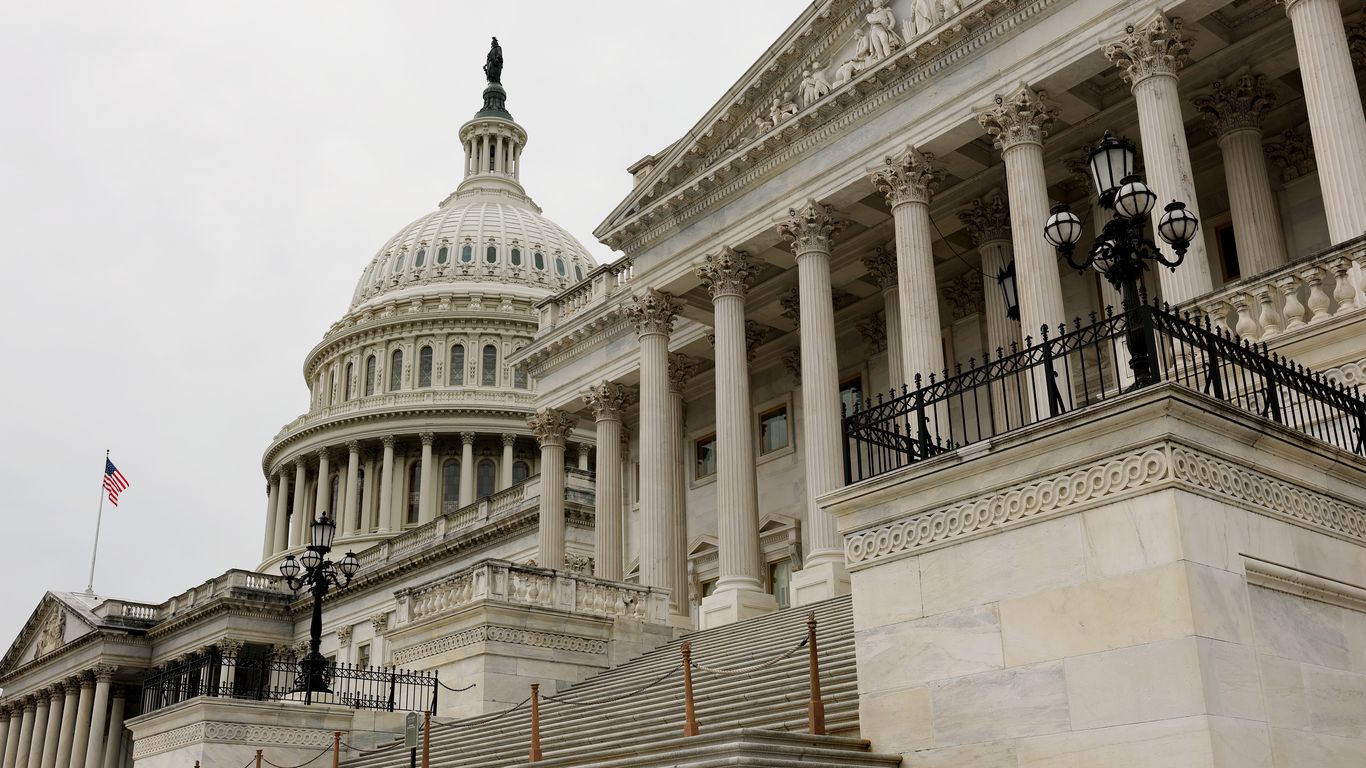fromInside Higher Ed | Higher Education News, Events and Jobs
4 months agoED Rule Making Will Move Online if Government Shuts Down
The Education Department's current rule-making session, in which committee members are determining how to implement new student loan policies, will be delayed by two weeks if Congress fails to pass legislation to keep the government open, Trump officials announced Monday morning. "There is the possibility-which seems to be growing by the hour-of a lapse in appropriations," one department official said during the rule-making session's commencement Monday. "Have no fear, however," he added, "we do have a contingency plan for that."




















